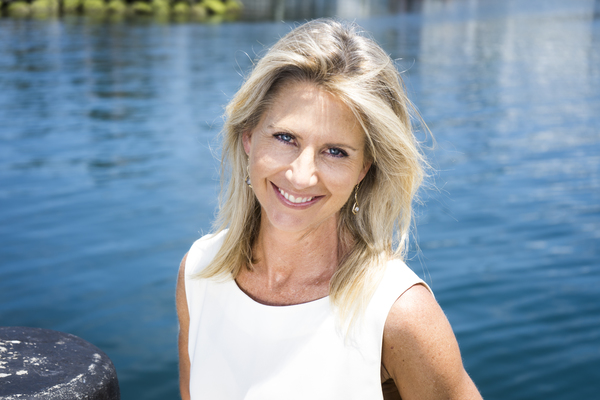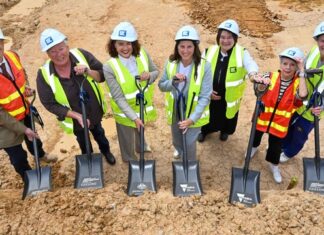A proposal to give Geelong “priority status” to stimulate economic growth has received backing from the city’s mayor.
Geelong Mayor Stephanie Asher on Tuesday welcomed Business Council of Australia’s proposal to give 10 regional cities, including Geelong, special economic status.
“Any idea designed to stimulate economic growth and jobs creation in our region deserves serious consideration,” she said.
“As a council we’ve had a clear message that increased government investment in regional infrastructure – and specifically in Geelong – would not only benefit our rapidly developing city, but also take growth pressure away from Melbourne.”
The proposal would result in extra infrastructure for designated cities to attract workers, at the expense of other towns and cities.
Cr Asher suggested Geelong met many of the business council’s criteria for its top 10 regional cities.
She described Geelong as an “extraordinarily appealing” location for its lifestyle, “excellent” education and health facilities, relative housing affordability and lack of congestion compared to Melbourne.
“We also have an international airport on our doorstep and a very important port,” she said.
State and federal government investment would accelerate Geelong’s “already growing and diversifying” economy, Cr Asher said.
She cited fast rail, duplicating railways from Geelong to Waurn Ponds and improving the city’s internal public transport as priorities.
“These investments would encourage new businesses to set up here, and help us attract talented people to our region,” she said.
“We’re already talking to the federal and state governments about these game-changing investment options, with our advocacy centred on the stimulation of economic growth in the regions.”
Business Council of Australia chief executive Jennifer Westacott shared the proposal with Nine media ahead of her National Press Club address on Tuesday.
Geelong, Ballarat, Newcastle, Wollongong, Toowoomba and Busselton would be among the top contenders for priority status, Nine reported.
Ms Westacott listed criteria for the top 10 including airports and major transport routes, successful industries, strategic importance, proximity to major power grids, universities and TAFEs, and housing and health services.
“Business should do the maths on what it would take to go to Bathurst, not Bangalore,” she said.
“We need to identify the places around Australia that can make the greatest economic contribution to their regions, their states or territories, and the whole country.”










